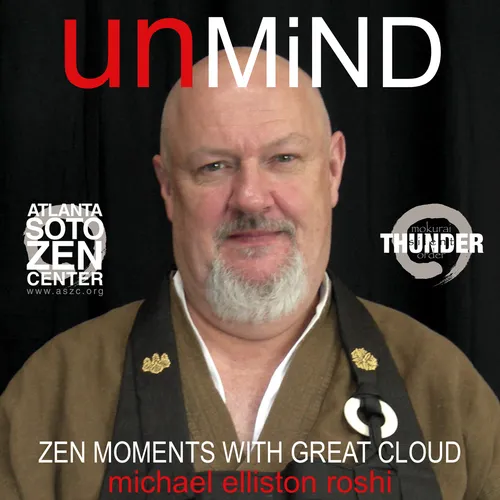
UnMind: Zen Moments With Great Cloud
A podcast of original teachings and music by Zenkai Taiun Michael Elliston Roshi, guiding teacher of the Atlanta Soto Zen Center and abbot of the Silent Thunder Order.
- Update frequency
- every 8 days
- Average duration
- 16 minutes
- Episodes
- 99
- Years Active
- 2022 - 2025
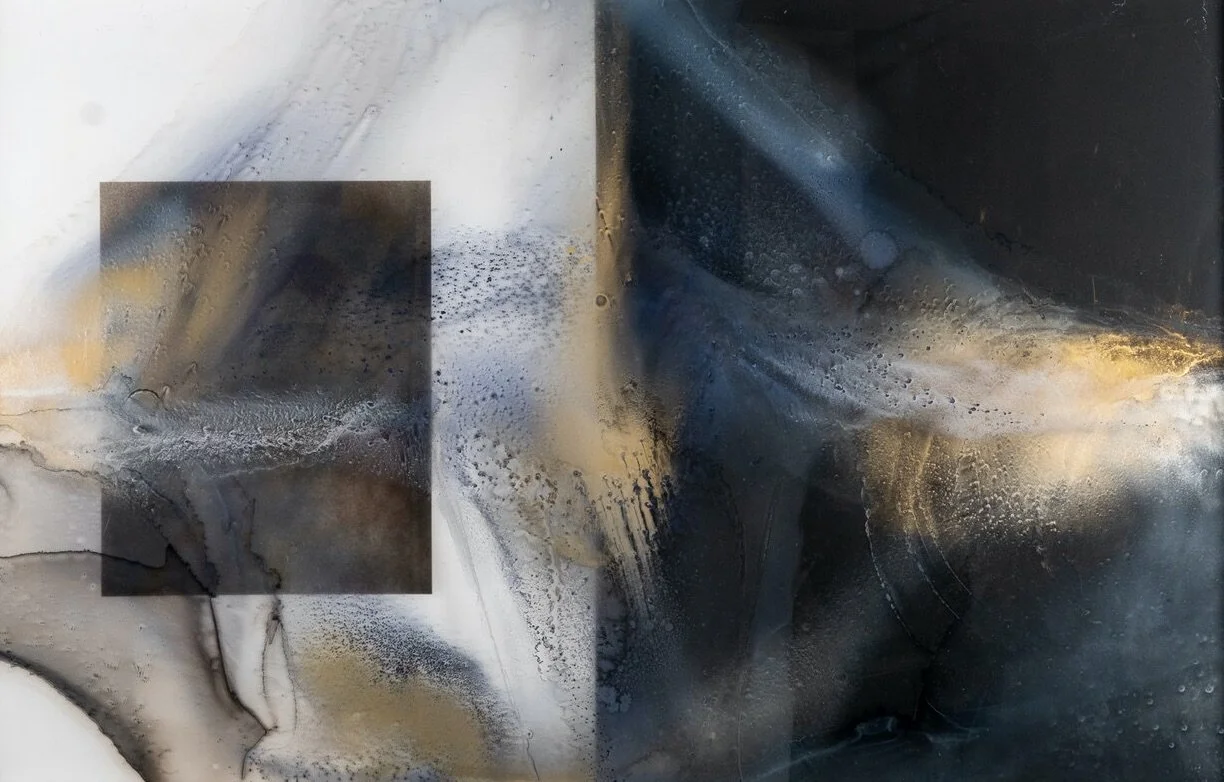
178: Connecting the Dots Part 5
This segment is excerpted from the introduction to a yet-to-be-published manuscript of selected podcasts from 2020 forward. The working title is "Speaking with One (Zen) Voice," the "Zen" in parenthe…
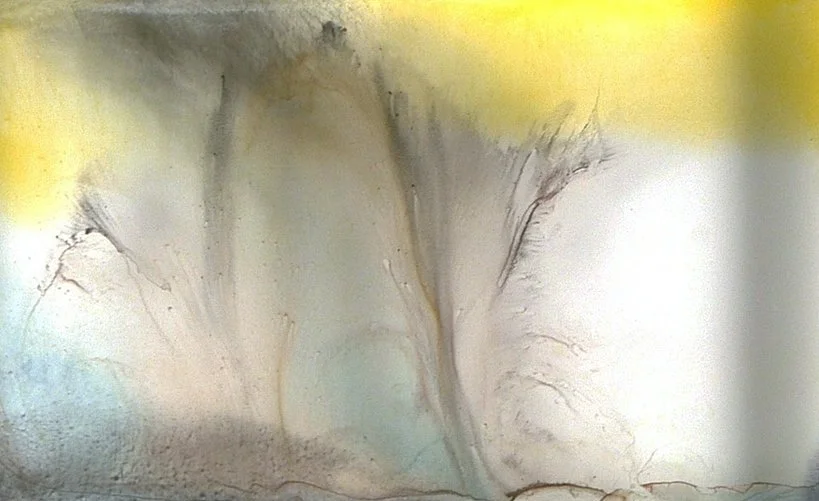
177: Connecting the Dots Part 4
From time to time over the nearly 50 years since the establishment of the Atlanta Soto Zen Center, a significant number of its members and its affiliates in the Silent Thunder Order have complained o…

176: Connecting the Dots Part 3
In this third installment of my "DharmaByte" column and "UnMind" podcast, exploring the general subject of Zen in our Times, we turn to the last of three suggested topics from Hokai Jeff Harper, Hali…
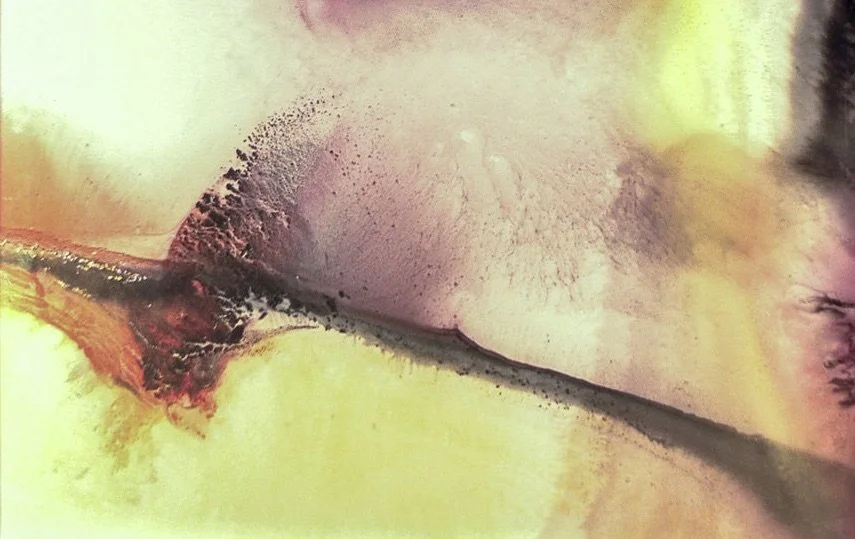
175: Connecting the Dots
As I mentioned in the last installment, when thinking about content for the next Dharma Byte or UnMind podcast, I turn to my collaborators for inspiration: Hokai Jeff Harper, publisher of the newslet…

174: Zen in Our Time
"Zen in Our Time" and "Connecting the Dots" are themes that I have hit upon for 2025, forming the thread running through (one meaning of "sutra") all of my DharmaByte newsletter columns and online Un…
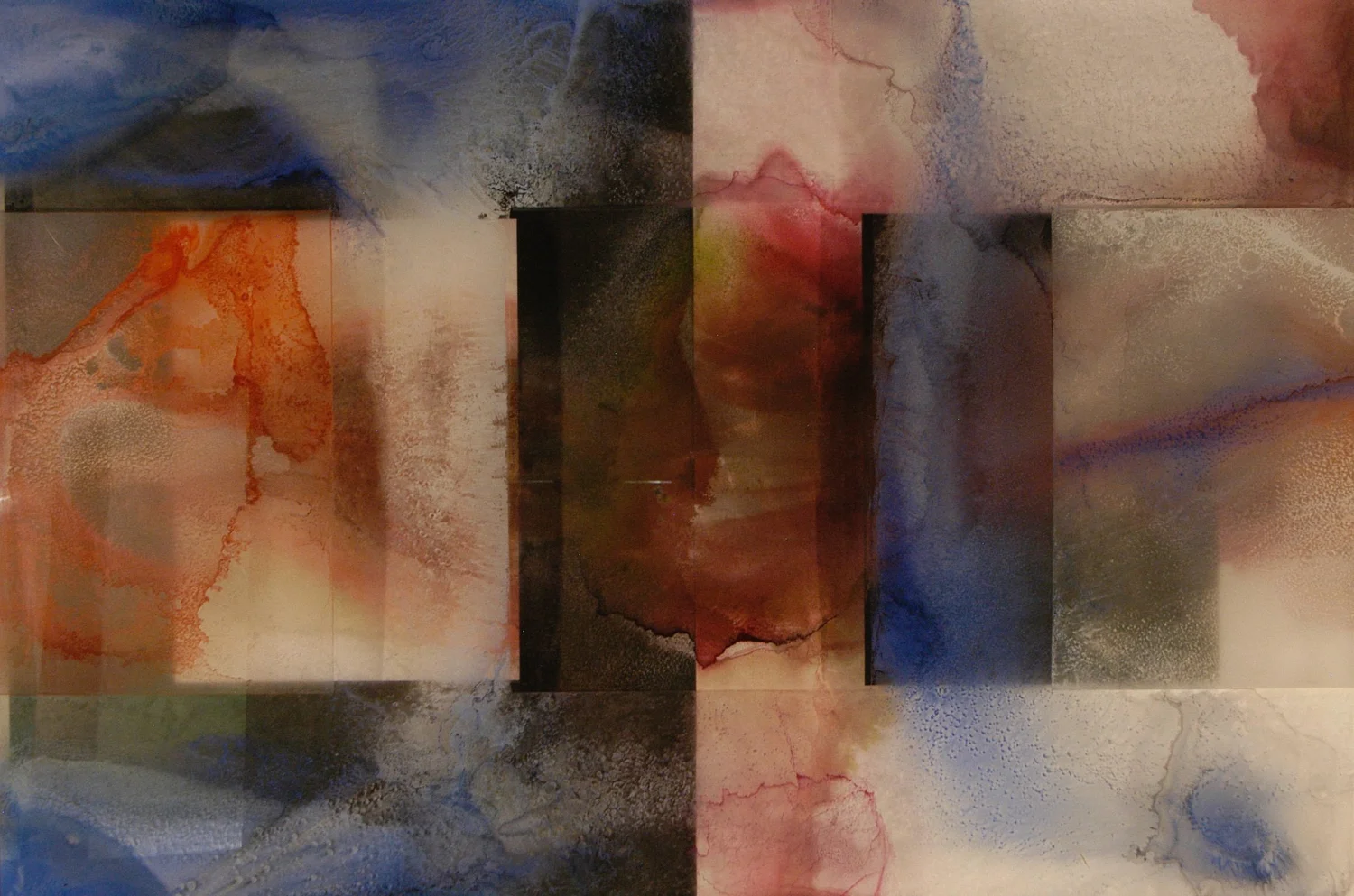
173: Connecting the Dots
ZEN IN OUR TIME
“Connecting the Dots”
Some of you A few may have undergone formal training, in Zen or other meditative traditions, or you may be a relative newcomer to Zen.
The objective of this e…

172: Zen Ps & Qs
Speaking of watching your Ps and Qs, when taking up the way of Zen meditation, it may seem all too easy to get things backward. In fact, according to the great Zen ancestors, getting it wrong is a na…
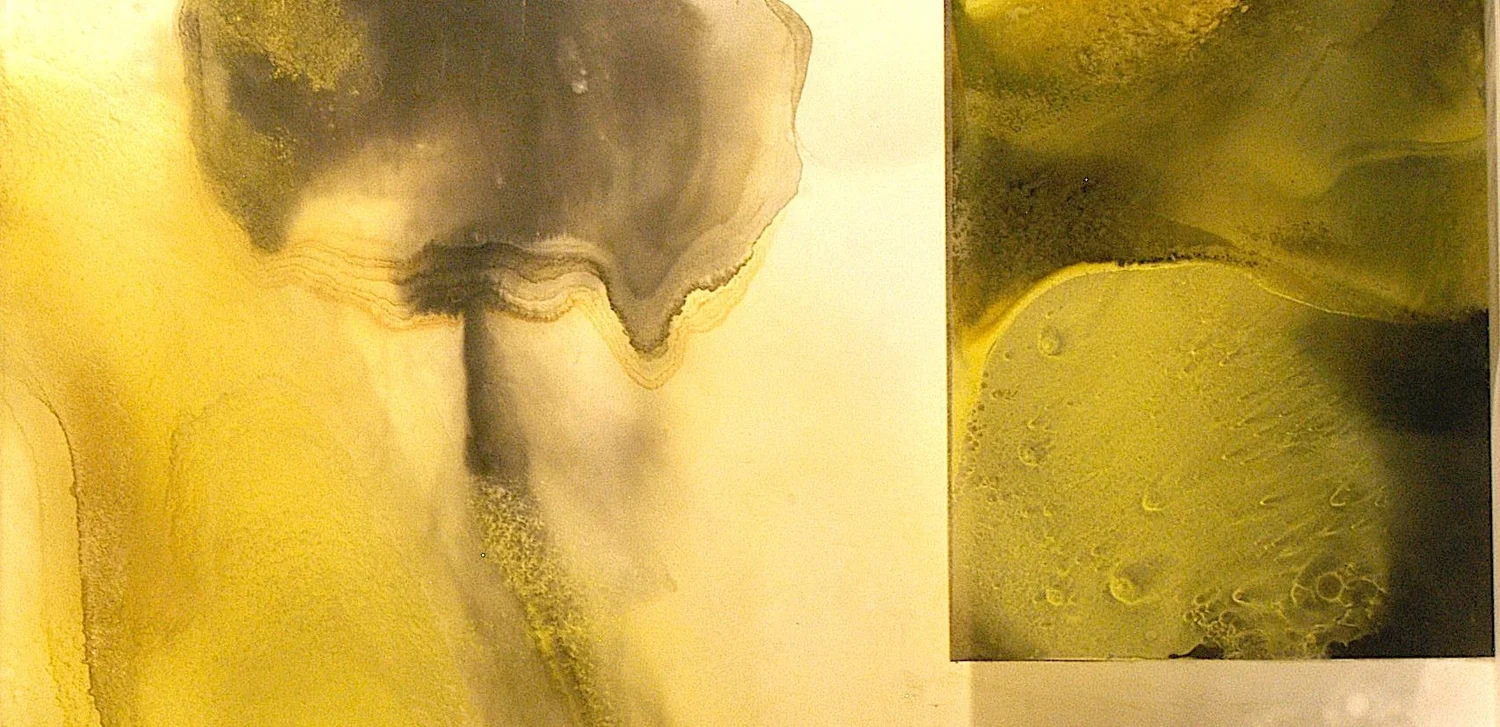
171: Natural Meditation
In the new Thursday Workshop I have initiated for 2025, I am attempting to lay out in great detail what I believe to be the most natural way to meditate: zazen before Zen, so to speak. It may not be …

170: Happy New Moment
In the previous segment of UnMind, titled "the least important thing," I closed with a call for submissions; quoting myself:
If you have any topics or areas of interest in Zen that you would like me …

169: The Least Important Thing
In the last segment of UnMind, we looked at the implications of Master Dogen's expression, "the most important thing in Buddhism," from Fukanzazengi, the set of instructions for zazen he composed aft…

168: Election Year Zen part 10
Well, now we know. That is, we know how the vote tally turned out. What we don’t know for sure is what will happen next. As I said in closing the last podcast, we are waiting for the next number of s…
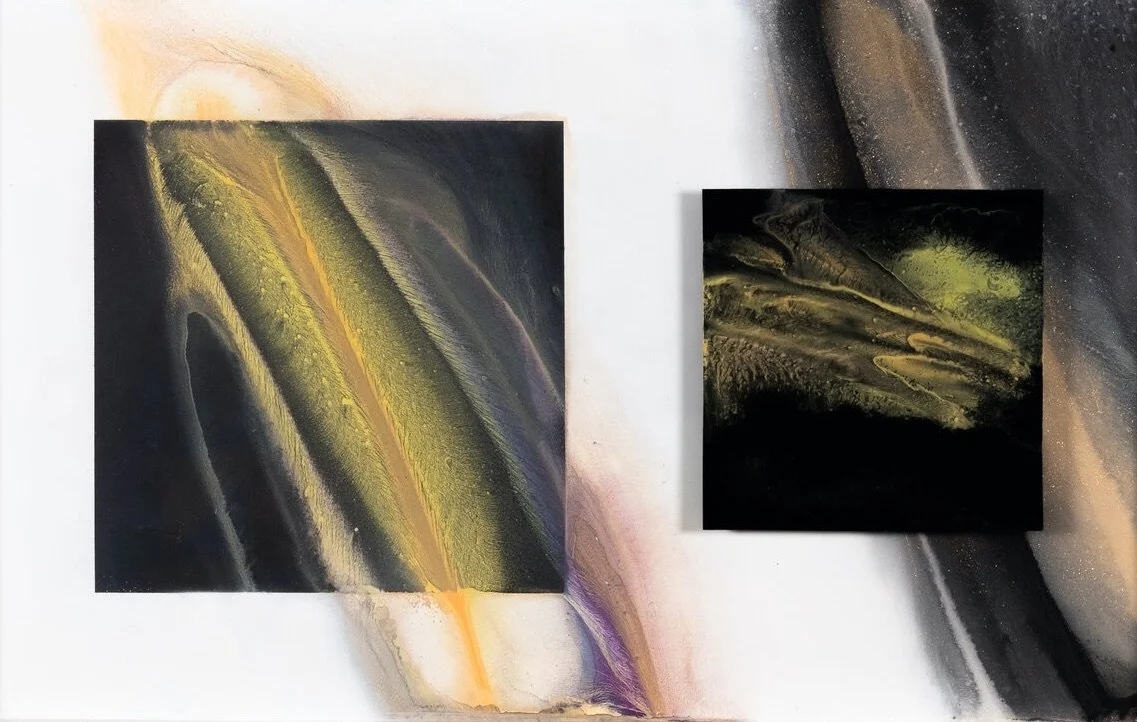
167: The Most Important Thing
DOGEN ON ZAZEN
Upon returning to Japan from China in 1227, at the age of 27, Master Dogen composed the first draft of Fukanzazengi, the tract in which he outlines the principles of seated meditation, …

166: Election Year Zen part 9
The DharmaByte™ version of this segment will post in the STO newsletter the first week of November. This UnMind podcast will drop on Wednesday after election day, which is November 5th. The next segm…
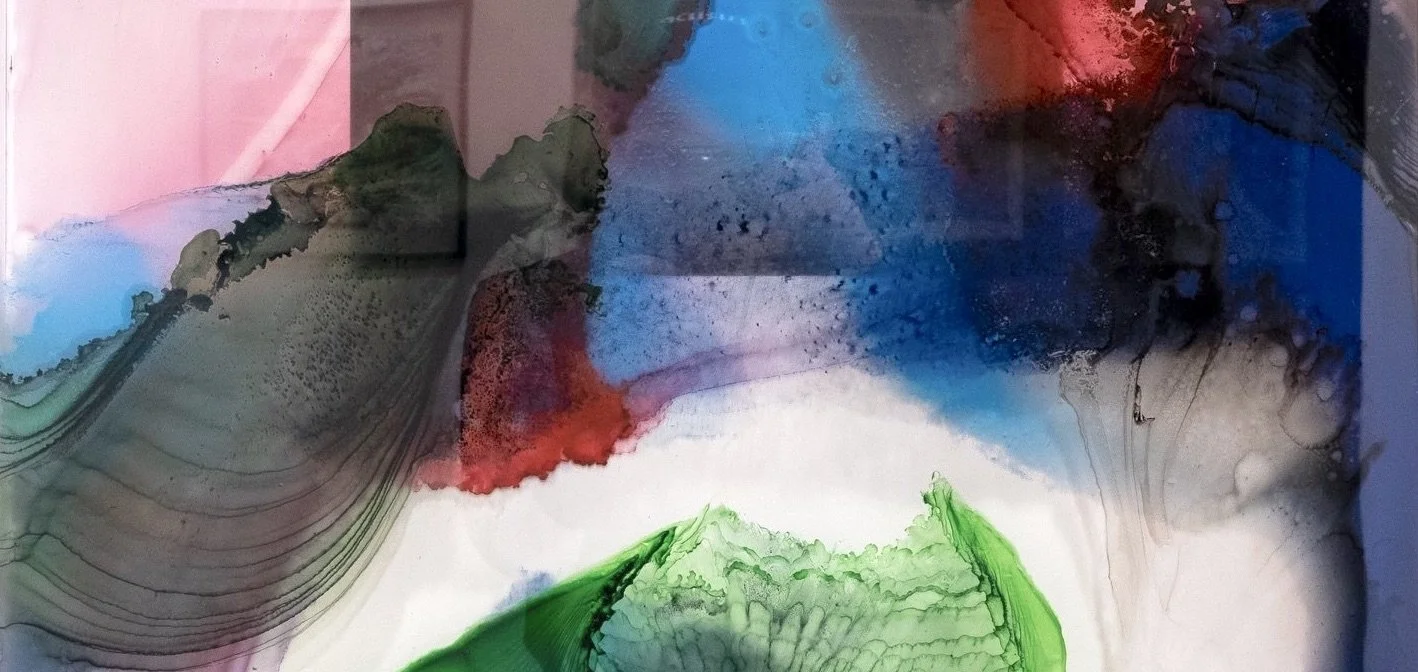
165: Zen in Daily Life
Welcome to UnMind podcast, number 165. In this segment, with a sigh of relief, we turn away from the horror show that is the climactic crescendo of the current 4-year election cycle, with its implica…

162: Election Year Zen part 8
Returning to the twists and turns of the endless, meandering 2024 campaign for POTUS, and looming uncertainty of threatened challenges to the vote promising to bollix up the results, the question ari…
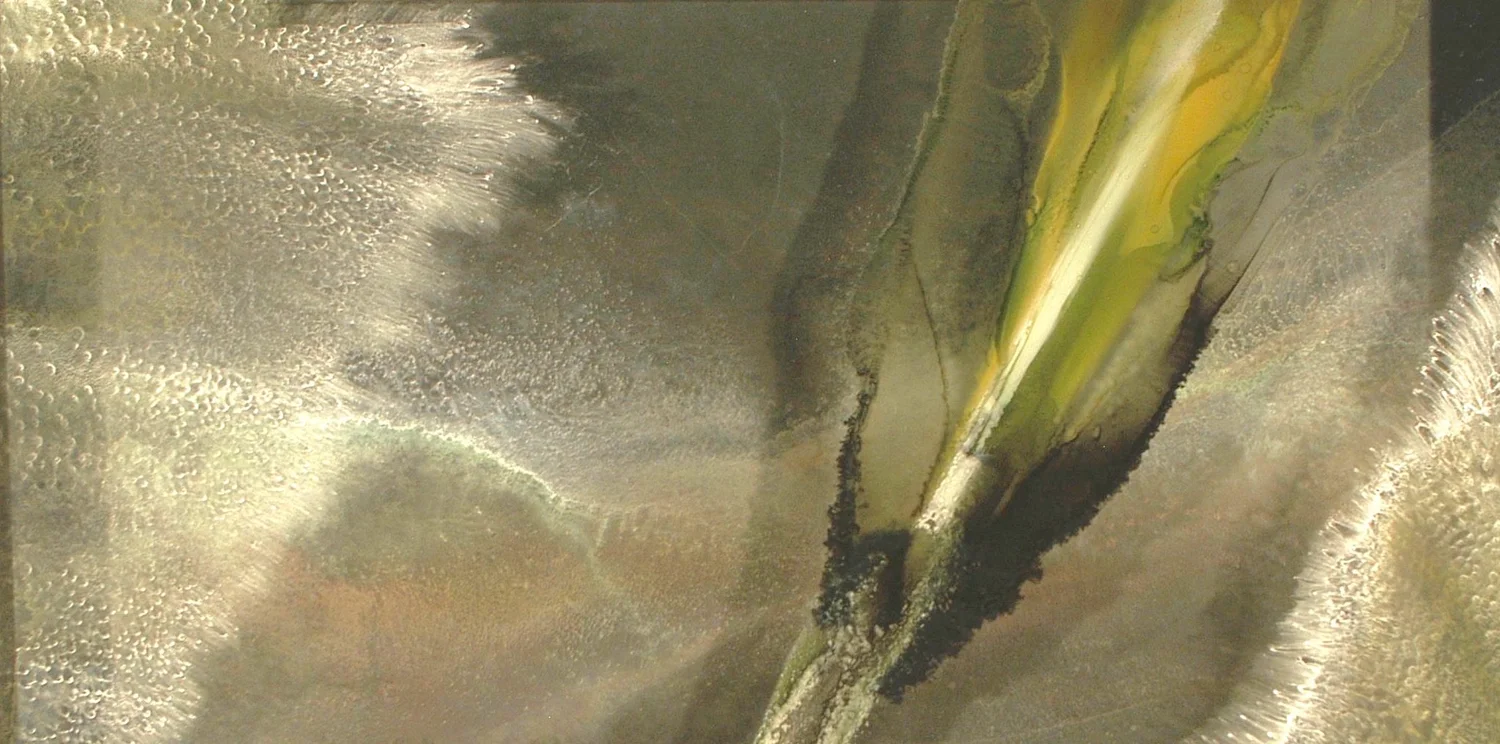
163: Heart Sutra Paraphrase
When we mention Zen practice these days, we usually mean sitting in Zen meditation, or zazen. It was not always so. In Bodhidharma’s time, “practice” meant observing the Precepts in daily life, disce…
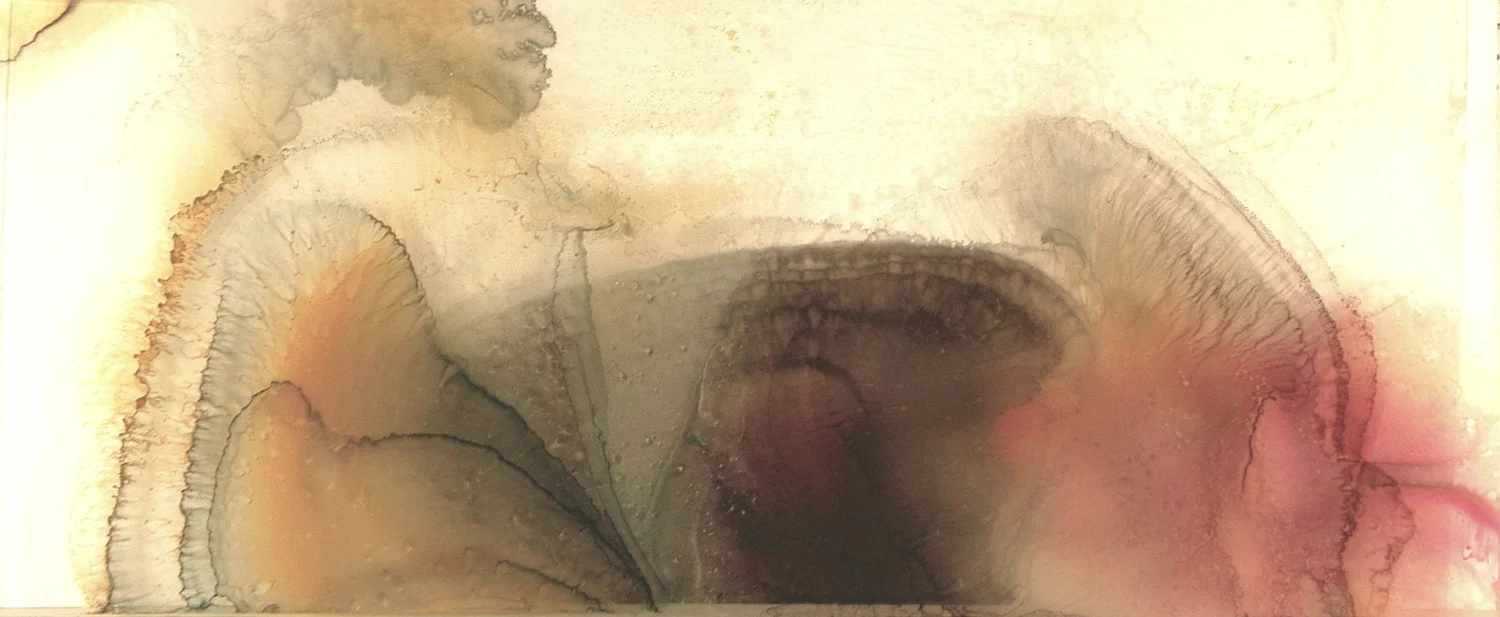
162: Election Year Zen part 7
After taking a hiatus this summer, we return to the political fray with an eye toward its implications for our lives and our pursuit of a more perfect union with the teachings of Zen. It is a good th…
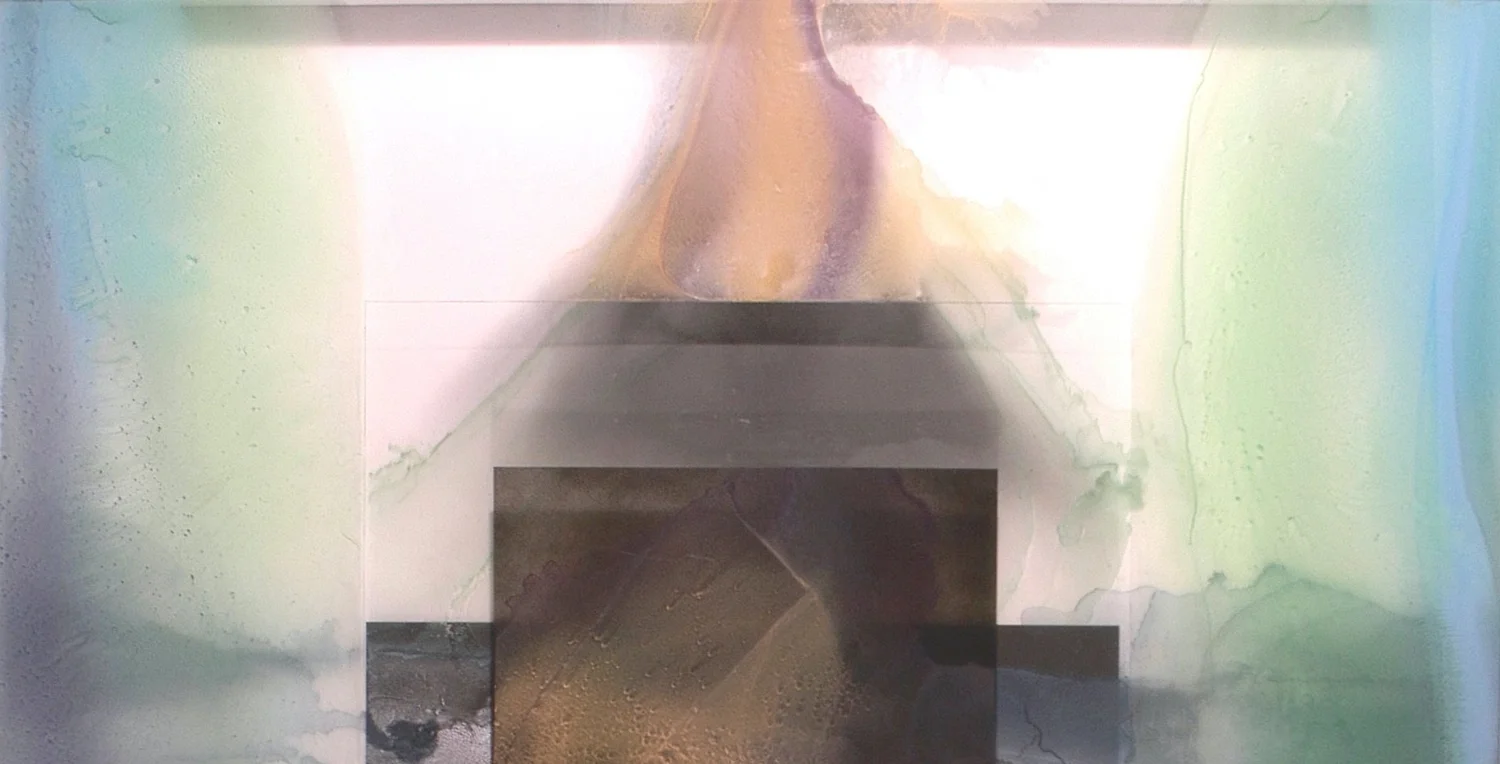
161: Election Year Zen part 6
Following on the previous UnMind series of three segments on aging, sickness and death, the Three Marks of Buddhism’s worldview, we will expand our scope to the broader world of international conflic…

160: The Three Marks of Dukkha part 3
Closing out our exploration of the “three marks” of dukkha, in this episode we will take a look, close-up-and-personal, at death. In summary, our confrontation with and embrace of the three marks var…

159: The Three Marks of Dukkha part 2
Continuing with a consideration of the realities of day-to-day Zen practice in the context of Buddhism’s central teaching of dukkha – natural suffering writ large – the second of the “three marks,” o…